The National Marine Fisheries Service (NMFS) is currently reviewing a petition to list the Atlantic Humpback Dolphin as Threatened or Endangered Under the Endangered Species Act.
Once a species is listed, it becomes eligible for “critical habitat designation.” Then, the federal government works to implement several types of protections.
The Fish and Wildlife Service summarizes these protections as follows:
- protection from being jeopardized by federal activities;
- protection of critical habitat being destroyed or adversely modified;
- restrictions on take and trade;
- a requirement that the Service develop and implement recovery plans for listed species under U.S. jurisdiction;
- authorization to seek land purchases or exchanges for important habitat;
- federal aid to State and Commonwealth conservation departments with cooperative endangered species agreements
Like many species, Atlantic Humpback Dolphins need protection because of human activities—especially fishing.
Fishermen often catch dolphins as by-catch in fishing nets, preventing them from swimming to the surface to breathe.
In addition, since Atlantic Humpback Dolphins live in shallow coastal waters, noise pollution and human interaction further threaten this species.
The International Union for Conservation of Nature (IUCN) already lists the Atlantic Humpback Dolphin as “critically endangered” internationally.
There are fewer than 3,000 left in the wild.
Sign this petition and tell the NMFS to protect the Atlantic humpback dolphin under the Endangered Species Act.
This article by Jareb Gleckel was first published by OneGreenPlanet on 30 December 2021. Lead Image Source : Tao Jiang/Shutterstock.
What you can do
Support ‘Fighting for Wildlife’ by donating as little as $1 – It only takes a minute. Thank you.
Fighting for Wildlife supports approved wildlife conservation organizations, which spend at least 80 percent of the money they raise on actual fieldwork, rather than administration and fundraising. When making a donation you can designate for which type of initiative it should be used – wildlife, oceans, forests or climate.
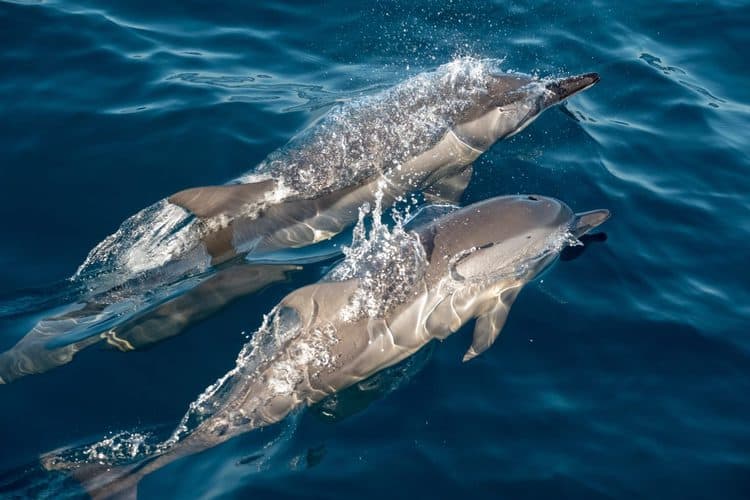

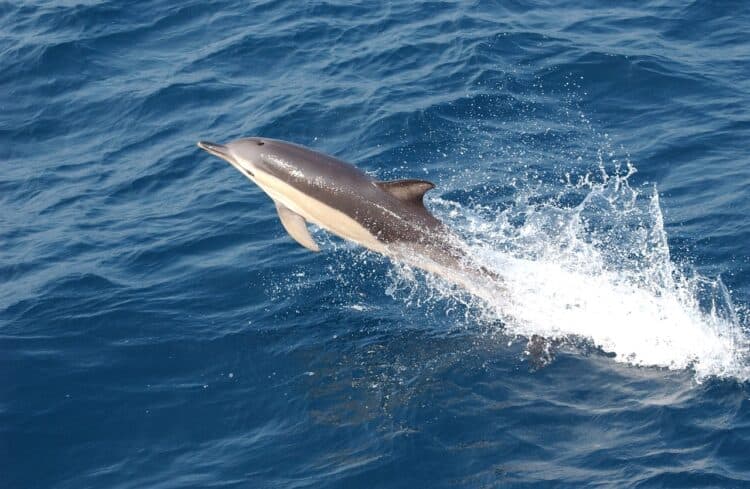
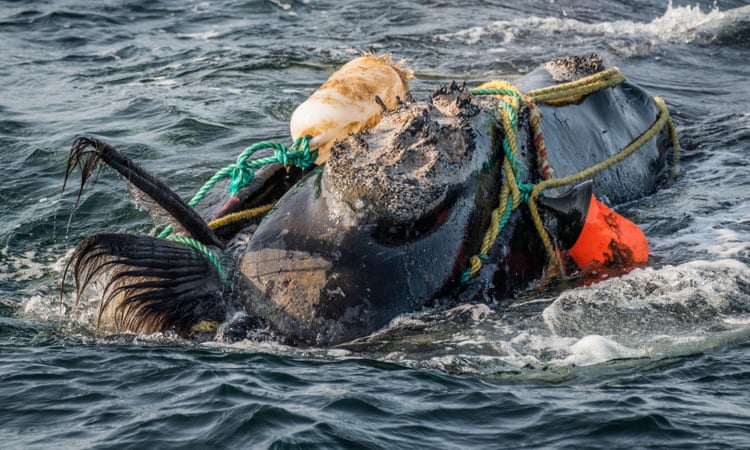
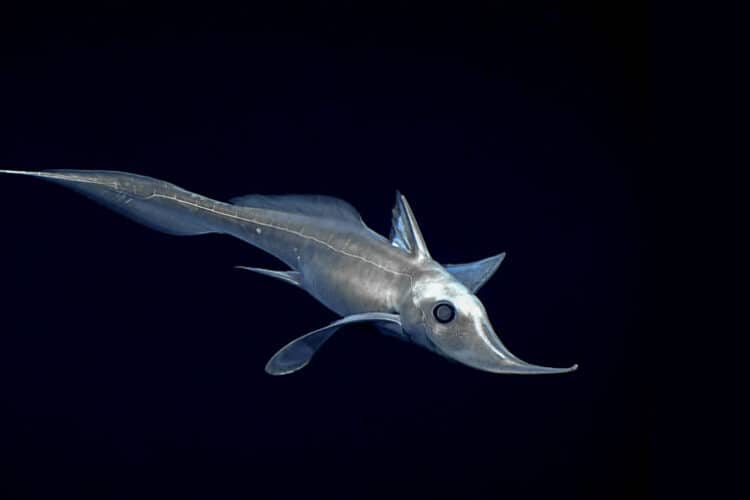
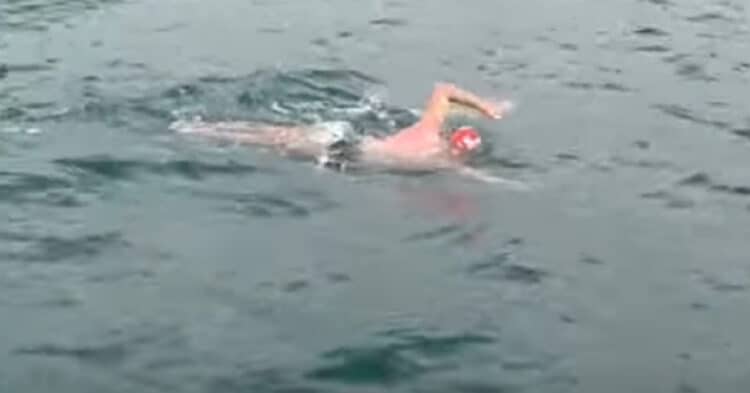

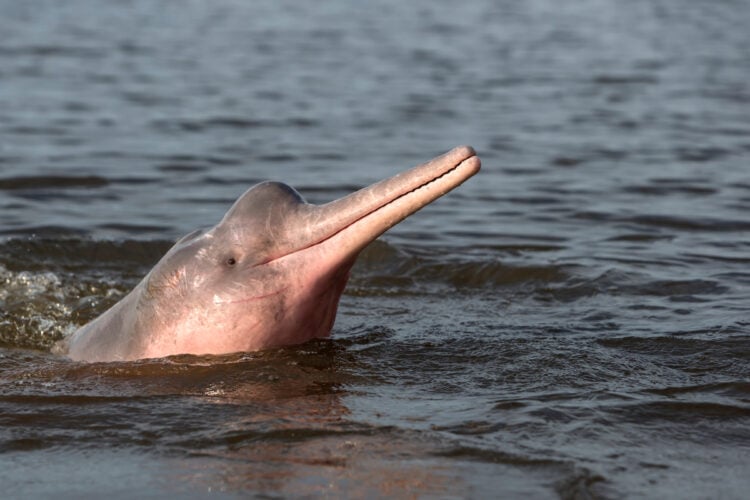
Leave a Reply